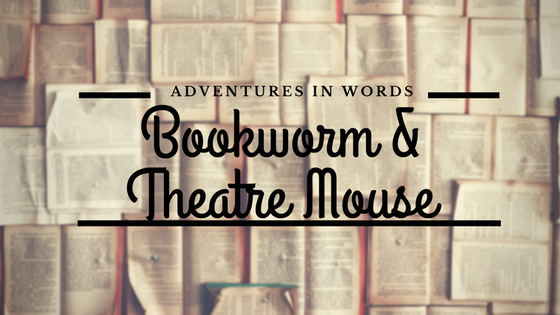I have seen the ‘Seven Sisters’ books all over Bookstagram and the book community, but I was a little put off. One reason, the hype: would starting these books be as wonderful as everyone was telling me it would be? And secondly, they are bricks and sometimes page numbers put me off (after all, Wolf Hall has been on the tbr pile for as long as I can remember).
Thanks to another fantastic buddy read on the little corner of Instagram that we affectionately know as Bookstagram, I picked up book one in the ‘Seven Sisters’ series, also called ‘The Seven Sisters’. And, I have to admit that I am very late to this party, but I am glad that I have finally shown up to it.
I was absolutely hooked on this book once I started; I just needed to know more about these six women and their adoptive father, Pa Salt. Lucinda Riley has created characters with such a rich history that they get under your skin, as does the mystery that she surrounds these six women with as they start to find out their personal history, before they were chosen by Pa Salt and made into a new family.
We start with Maia, the eldest of the sisters and possibly the most reserved, and a bit of a home bird. However, after Pa Salt’s death, she is left a clue (as are her sisters), which will help her possibly unlock the secrets of her past. The reader is whisked off from Geneva to Rio de Janeiro as we follow Maia on her adventures to find out more about her identity and her past. And, through correspondences from her Great-Grandmother Bel and clues in the present day, Maia begins to unravel the mystery of her past.
Lucinda Riley has really created such a page-turner and I just could not put the book down as more and more was revealed about Maia and her family. Also, as a history lover, as the events of the past are set around the events that led to the building of the statue of Christ the Redeemer in Rio de Janeiro, it sent me down a rabbit hole of researching more about that story, too, and the people involved.
So, as the book ended on a saga-like cliffhanger, I know I am destined to read the rest of the books, and hope they are just as engaging and fascinating as the first.
